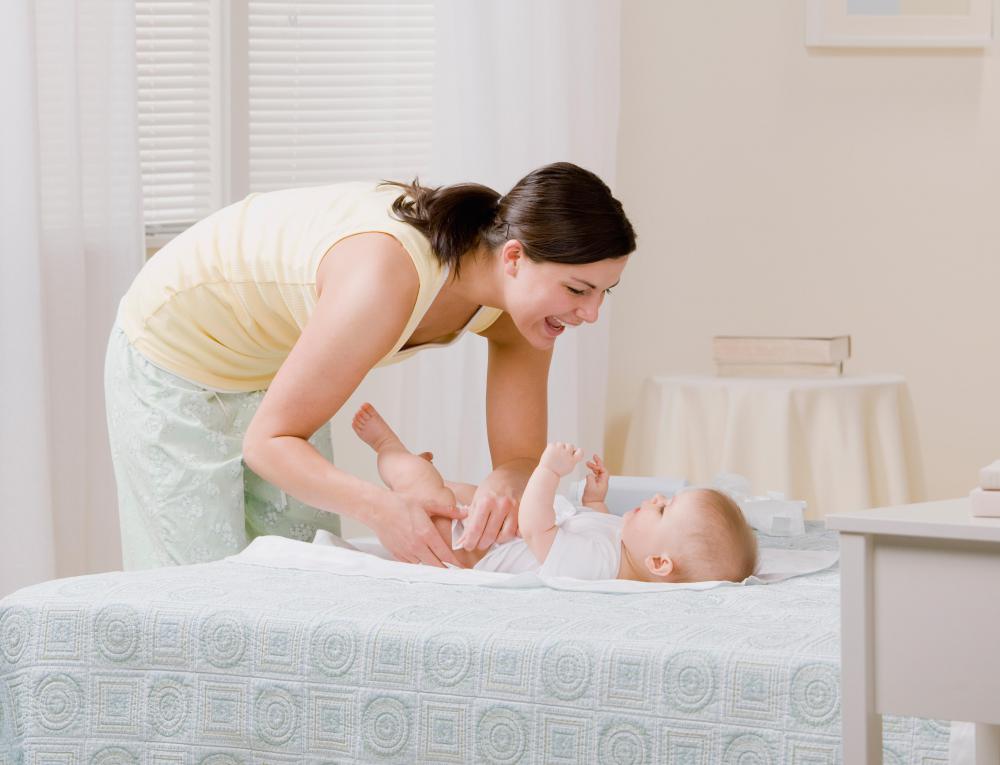At WiseGEEK, we're committed to delivering accurate, trustworthy information. Our expert-authored content is rigorously fact-checked and sourced from credible authorities. Discover how we uphold the highest standards in providing you with reliable knowledge.
What is the Connection Between Infection Control and Hand Hygiene?
The connection between infection control and hand hygiene has been proven through numerous studies. Proper hand hygiene procedures have been clearly shown to significantly reduce the spread of infection in health care settings such as doctor's offices and hospitals. Most such facilities now have specific hygiene policies specifically intended to control infection. Many federal and local governments actually mandate such policies.
In the early days of medicine, it was common practice for doctors, nurses and other health care workers to move from one patient to the next without even washing their hands. At the time, science had not yet discovered the relationship between infection control and hand hygiene. As a result, many patients with minor illnesses worsened and even died because they contracted severe infections from a doctor's previous patient. New mothers, in particular, often died during or shortly after childbirth because of infections transmitted by the doctor performing the delivery.

The relationship between infection control and hand hygiene was publicized in the United States as early as 1843 by Dr. Oliver Wendell Holmes. Dr. Holmes and his European counterparts met with derision and resistance from the medical community, but persisted in educating the community, the government and future physicians about their concerns over improper hand hygiene. Though it took more than a century, hand hygiene procedures eventually became the norm in medical environments.

Today, most medical facilities accept the connection between infection control and hand hygiene. In an effort to provide the safest possible environment for patients, they write and enforce strict guidelines on the matter. Typical measures include hand washing with an antibacterial soap, use of hand products with a high alcohol content and use of hand sanitizers. Most policies also require health care providers to change gloves between patients.
Governmental and consumer-protection groups monitor the development and use of such policies in many areas. In some cases, failure to follow proper hygiene procedures can lead to fines or sanctions. Malpractice lawsuits may also result.

Proper hand hygiene is a part of most clinical health care curricula. Nurses, radiographic technicians, lab techs, doctors, surgical assistants, dental hygienists and others are trained to follow hygiene procedures. Segments on hand hygiene may also be taught in non-clinical health care courses such as medical office management and health care customer service. The goal of all such training modules is to make students aware of the connection between infection control and hand hygiene.
AS FEATURED ON:
AS FEATURED ON:
















Discuss this Article
Post your comments